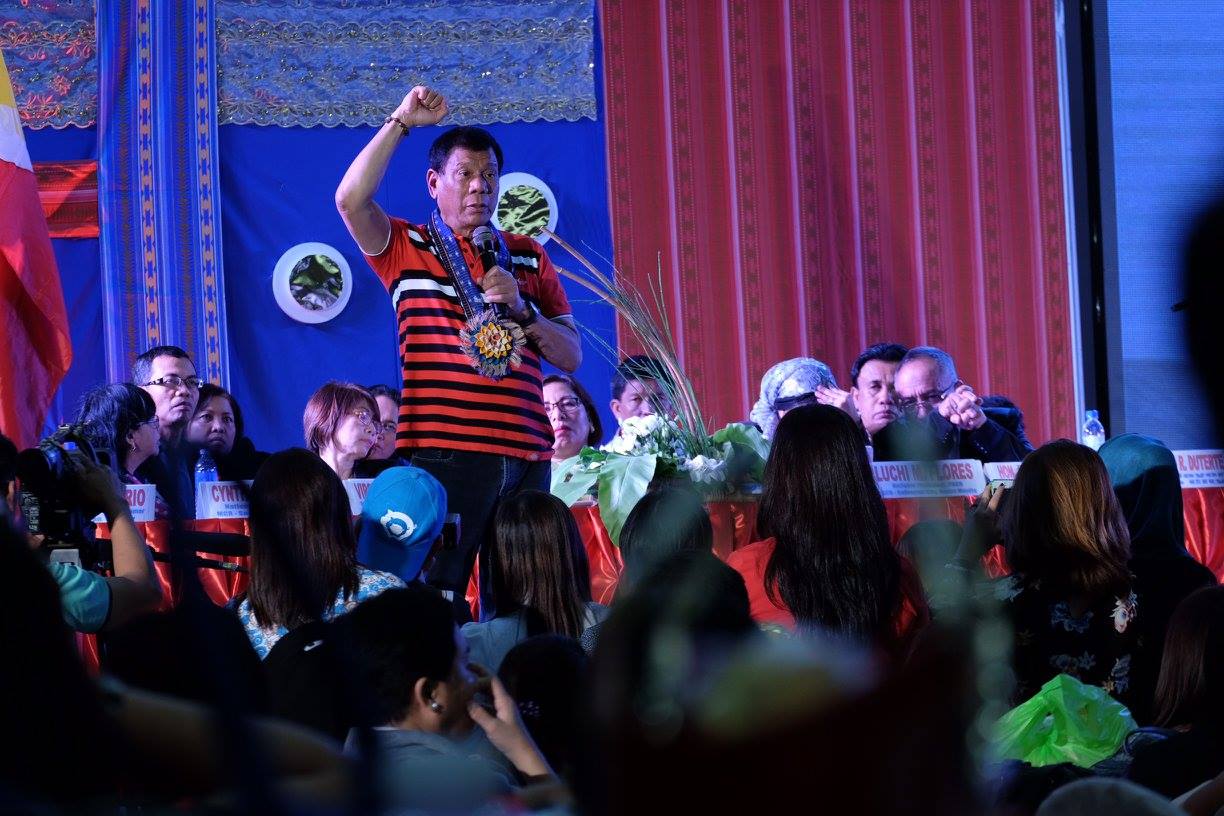
DAVAO CITY – Focus on countryside development by putting in of more infrastructure and thereby opening more job opportunities and reduce poverty is what the incoming Duterte administration bids to sustain growth of the Philippine economy.
In a briefing at the sidelines of the two-day “Sulong Pilipinas: Hakbang Tungo sa Kaunlaran” (Philippines Onwards: A Step Towards Progress), which started Monday at the SMX in this city, incoming Finance Secretary Carlos Dominguez said economic managers want to increase allocation for public spending even if this means increasing the allocation for infrastructure projects from the current two percent of domestic output to three percent.
He said there are currently 42 million Filipinos in the labor force but about 80 percent of approved projects under the public-private partnership (PPP) initiative are located in and around Metro Manila.
“If you are going to spend lots of money in Metro Manila you will only congest the area, not reduce unemployment in the provinces,” he said
Dominguez also pointed out that since most of the infrastructure projects and businesses are currently located in Metro Manila and surrounding areas, the incoming government needs to be pro-active to ensure that developments will also happen in the countryside.
“You have to encourage local governments to come up with projects to and to invest in their areas. There is a need for a paradigm shift,” he said.
With the planned increase for public infrastructure, Dominguez said they will increase the proportion of deficit to gross domestic product (GDP) to three percent from the current Aquino administration’s two percent ceiling.
“In consultation with economic managers, we decided to bring that up to the level of three percent of GDP. We think bringing it up to that level will not result to a blow-out (of deficit),” he said.
The incoming Finance chief said domestic poverty rate has not gone down below 25 percent but the incoming administration eyes to reduce this by about 1.25-1.5 percent annually through a “synergistic approach” using the incoming administrations 10-point economic agenda.
“By the end of six years we could be about 16 percent. With this poverty program the reduction will accelerate through the years,” he said citing that the poverty-reduction program will be implemented in coordination with the private sector and the civil society.
Dominguez said the 16 percent poverty incidence rate “is not ambitious” but a goal of “achieving what the others did not.”
Incoming Budget and Management Secretary Benjamin Diokno, during the same briefing, said the infrastructure projects economic managers eye for the country in the next six years can easily be implemented since these are small and medium-sized ones, which are not ideal under PPP
“There are lots of infrastructure projects for country that can be done without PPP,” he said noting that placing these under this particular mode will only make it harder to materialize.